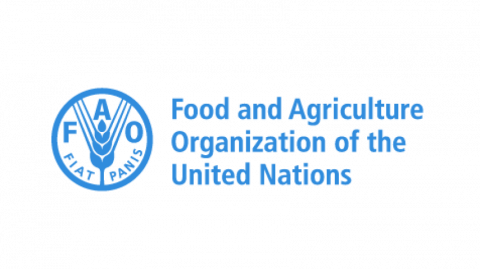
THE United Nation’s Food and Agriculture Organisation (FAO) is supporting the transformation of Zimbabwe’s agricultural sector, setting a bold vision for food security and economic resilience by 2030, it has been revealed.
According to FAO, the ambitious strategy comes against the backdrop of multiple global crises, including climate change, economic instability and geopolitical tensions.
Locally, Zimbabwe’s agricultural sector is under threat from economic instability, climate change, currency volatility, low capitalisation and policy missteps.
“The Food and Agriculture Organisation of the United Nations is supporting the transformation of Zimbabwe’s agricultural sector, setting a bold vision for food security and economic resilience by 2030,” FAO said in a statement.
“The ambitious strategy combines government commitment, international support and innovative approaches to address the complex challenges facing the nation’s food systems.”
Dubbed the Zimbabwe Agriculture Food Systems Transformation Strategy, approved in 2020, this initiative represents a comprehensive blueprint for agricultural renewal.
It targets multiple objectives, including food security, import substitution, value addition, and job creation — with a particular focus on empowering youth.
“FAO has been instrumental in supporting Zimbabwe’s agricultural transformation,” FAO said.
- New perspectives: Building capacity of agricultural players in Zim
- Mangwe farmers benefit from agric projects
- Could climate change adaptation unlock Africa’s agricultural productivity?
- Tick-borne scourge kills 15 300 cattle
Keep Reading
“Through a multifaceted approach, FAO supports Zimbabwe’s 2021 United Nations Food Systems Summit (UNFSS)'s commitment to transformative agrifood systems through five pathways: enhancing livelihoods and food security, developing and rehabilitation of irrigation, supporting livestock and disease control, reducing post-harvest losses and ensuring nutrition-sensitive agriculture.”
Specifically, the organisation said this included bolstering seed policy and regulations, promoting climate-smart technologies and farming systems and facilitating access to markets through improved infrastructure and trade promotion.
“These comprehensive commitments address everything from food safety and nutrition to sustainable consumption and climate-smart agriculture,” FAO said.
The FAO deputy representative in Zimbabwe, Louis Muhigirwa, said the organisation’s role extended beyond simple assistance.
“We are working with the government of Zimbabwe to equip farmers, extension officers, and agribusinesses with modern farming techniques and digital tools that can revolutionise agricultural productivity,” he said.
Through technical support from FAO, the government is successfully fulfilling its global food systems commitments.
“Through the support of organisations like FAO, we are domesticating global agreements at the national level,” said Lands, Agriculture, Fisheries, Water and Rural Development ministry strategic planning, monitoring and evaluation director Agnes Mugova.
“This means translating international commitments to practical, actionable strategies that can transform our agricultural landscape.”










